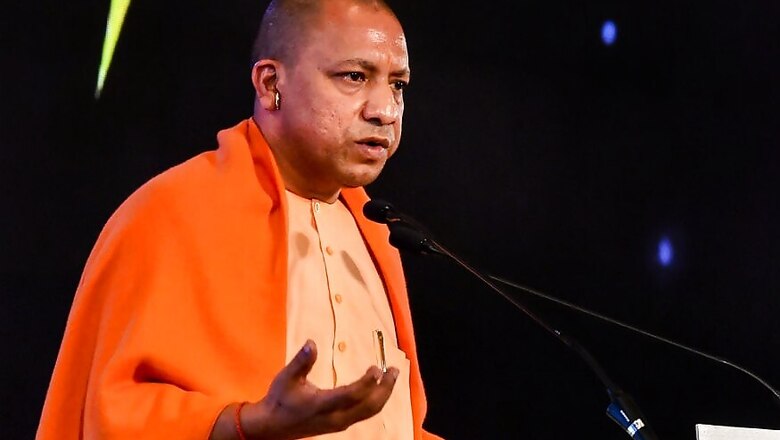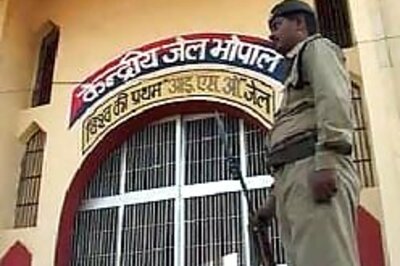
views
New Delhi: The Centre for Science and Environment (CSE), the premier research and advocacy think tank, on Thursday welcomed the Uttar Pradesh government’s State Septage Management Policy calling it a step in right direction.
The policy, which came into effect through a government order dated October 30, 2019, aims to reduce pollution load of the state by treating and managing the large amount of waste water and septage created in the state.
It proposes to make a change in the state by 2023 by levying a ‘septage fees’ as part of the property tax from households not connected to the city’s sewage network.
Suresh Rohilla, senior director-water and waste water management at CSE, stated that the new policy is a “step in the right direction”.
“CSE has been working closely with the UP government and its agencies to introduce effective septage management in the cities and towns of the state, in an effort to control and prevent pollution and safeguard public health,” he said in a release.
According to him, the UP government’s new policy is an “affirmation of the work” that CSE and the state government are doing together.
UP has 652 urban local bodies (ULBs) where a population of 49 million resides. Onsite sanitation systems exist in 610 ULBs in the state. Presently, the existing sewage treatment plants treat 3,298 million litre daily, while the 7.2 million online sanitation systems in the state generate 5,558 million litres daily of sewage.
To bridge this gap, an additional 1,281.33 million litre daily capacity is under construction.
The CSE has partnered with the Department of Urban Development in the state to support effective septage management in the state. The premier science and environment think tank operates out of a unit in Lucknow to support state and city-level agencies in planning, creating and operating guidelines.
Rahul Mankotia, programme manager-water at CSE, said the centre has helped set up a faecal sludge management system in Chunar, co-treatment facilities in Bharwara among others initiatives. However, besides the on-going work, one of the concerns that Rohilla raised is that the existing septic tanks in cities usually do not get emptied regularly.
“The wastewater and septage in them ends up polluting our drains and rivers. More often than not, these tanks are emptied by untrained private operators who discharge the contents of the tanks in open fields, farmlands, drains and water bodies,” he said, underlining the significance of the new policy.
The Uttar Pradesh State Septage Management Policy comes after the CSE, in 2018, had conducted a study of excreta management in 66 cities of UP. The study had found the lack of effective management in the state.
The new septage policy was drafted in line with the National Urban Sanitation Policy 2008, National Policy on Faecal Sludge and Septage Management 2017, Swachh Bharat Mission Guidelines, Standard Operating Procedures for Cleaning of Sewers and Septic Tank and the Manual Scavengers and their Rehabilitation Act of 2013.




















Comments
0 comment